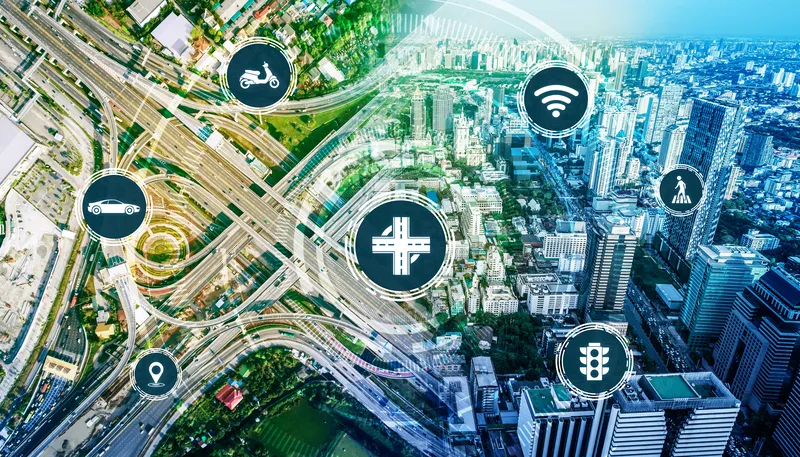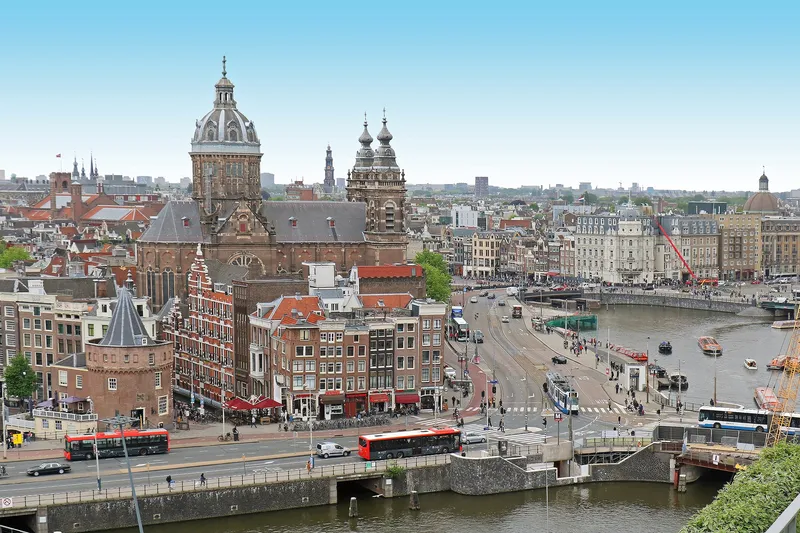Car-sharing and ridesharing services provider RideCell is to partner with Auro Robotics, maker of driverless zero-emission shuttles to deliver autonomous transportation solutions to universities and corporate campuses. RideCell also provides a fleet management infrastructure that enables Auro to maintain its autonomous fleets across multiple university and corporate customers.
The RideCell mobility platform allows students and faculty to request a shuttle on demand, and also provides important benefits f
March 15, 2017
Read time: 2 mins
Car-sharing and ridesharing services provider RideCell is to partner with Auro Robotics, maker of driverless zero-emission shuttles to deliver autonomous transportation solutions to universities and corporate campuses. RideCell also provides a fleet management infrastructure that enables Auro to maintain its autonomous fleets across multiple university and corporate customers.
The RideCell mobility platform allows students and faculty to request a shuttle on demand, and also provides important benefits for our campus customers behind the scenes. In addition to automated scheduling and dispatch, RideCell also provides a fleet management infrastructure, enabling Auro to manage and maintain its fleet of driverless shuttles.
The RideCell infrastructure ensures that Auro shuttles are in the right place at the right time. Built-in alerts provide information on the need for charging and the optimal low-use time for maintenance. With remote tracking and monitoring integrated into each shuttle, Auro can manage campus fleets, utilising real-time analytics to allow customers to reduce wait time and serve more riders, while staying within budget.
The RideCell mobility platform allows students and faculty to request a shuttle on demand, and also provides important benefits for our campus customers behind the scenes. In addition to automated scheduling and dispatch, RideCell also provides a fleet management infrastructure, enabling Auro to manage and maintain its fleet of driverless shuttles.
The RideCell infrastructure ensures that Auro shuttles are in the right place at the right time. Built-in alerts provide information on the need for charging and the optimal low-use time for maintenance. With remote tracking and monitoring integrated into each shuttle, Auro can manage campus fleets, utilising real-time analytics to allow customers to reduce wait time and serve more riders, while staying within budget.










